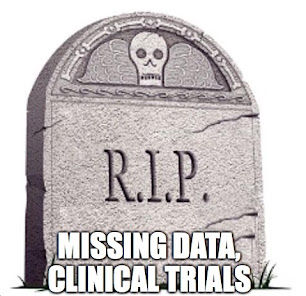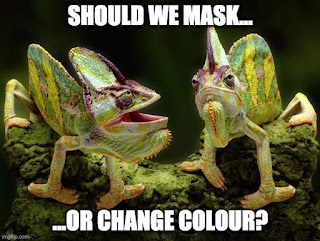The curious case of the dog that never barks

If almost half the data on drugs is hidden from our eyes, as mentioned in my previous post, why is nobody talking about what’s missing? Isn’t it odd that tons of negative data can disappear so flawlessly with hundreds of eyes peeking over them everyday? Not a researcher that calls for past studies, not a journal that protests lack of publication, not a regulator that nabs the offence? Unfortunately, not everyone is as clever as Sherlock Holmes to solve mysteries by focusing on what’s missing than what is present. In ‘Silver Blaze,’ the story that revolved around the disappearance of a famous racehorse, Holmes had recognized that none of the people he interviewed had mentioned that the watchdog had barked on the night of the incident. Holmes had concluded that if the dog had not barked, then the dog must have known the perpetrator, and this had led him to track down the guilty party. But Holmes was an exception. Humans have a natural tendency to focus on ...


